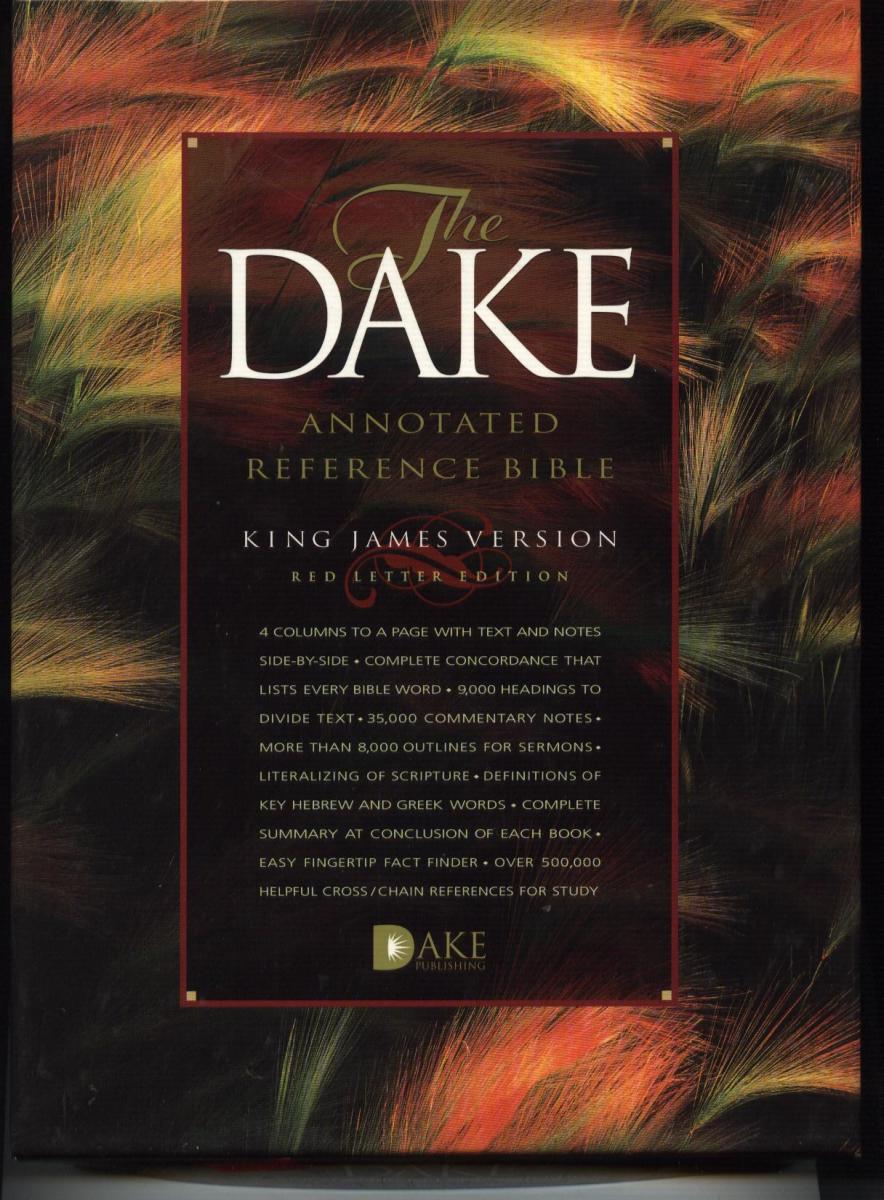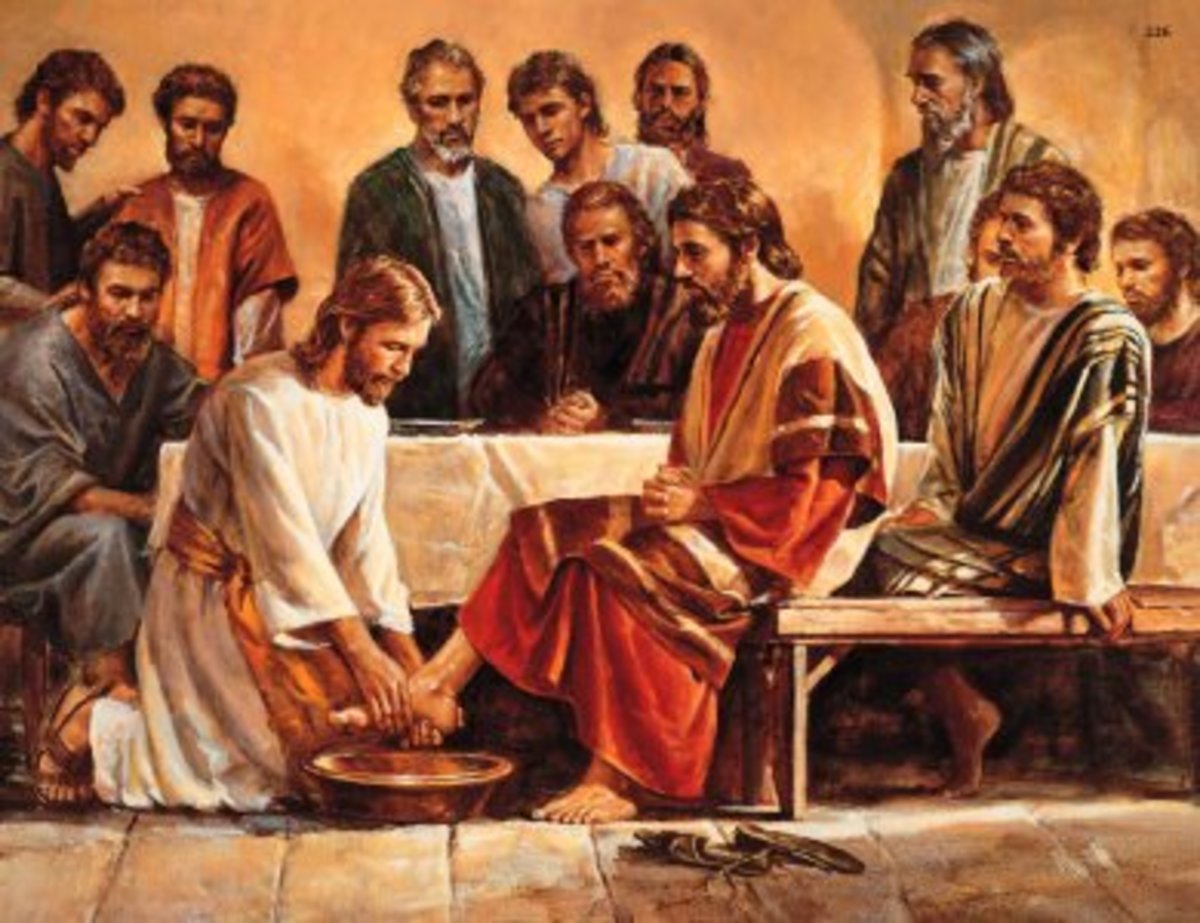The Apostolic Church, On Divorce - Episode XI
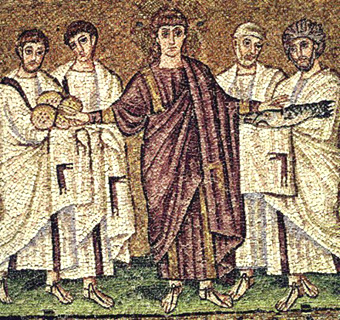
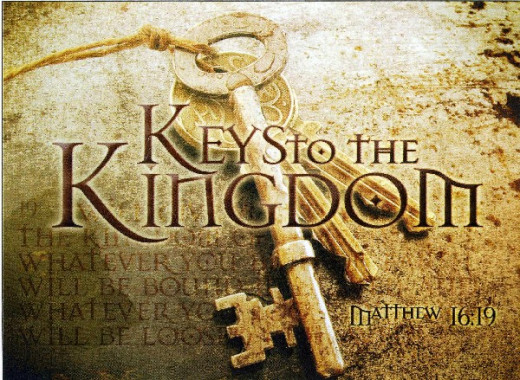
The Church Speaks on Divorce and Remarriage
The teaching of the Lordʼs apostles became the fingerprints of truth, the minute Christ breathed upon them that they might receive the Holy Spirit. At that time, a special unction to interpret scripture was imparted unto them.
“And when he had said this, he breathed on them, and saith unto them, Receive ye the Holy Ghost: Whose soever sins ye remit, they are remitted unto them; and whose soever sins you retain, they are retained” (John 20:22-23).
“Then opened he their understanding, that they might understand the scriptures” (Luke 24:45).
Luke writes that the first century Church “continued steadfastly in the apostles doctrine” (Acts 2:42). Why did Luke mention this? Why was it even important?
As Jesus was preparing to return to the Father, He commissioned Simon, whom He called Peter, to be prime minister of His new Kingdom. Jesus actually said it this way: “And I say also unto thee, That thou art Peter, and upon this rock I will build my church; and the gates of hell shall not prevail against it. And I will give unto thee the keys of the kingdom of heaven: and whatsoever thou shalt bind on earth shall be bound in heaven: and whatsoever thou shalt loose on earth shall be loosed in heaven” (Matthew 16:18-19). Thus, Peter was given the power to bind and to loose. Later, Jesus would commission all of His apostles to: “Go ye therefore, and teach all nations, ... teaching them to observe all things whatsoever I have commanded you” (Matthew 28:19-20). Lukeʼs statement, recorded in Acts 2:42, attests to the obedience of the apostles to the commission given to them by Jesus. Luke recorded: “And they” (the first century Church) “continued steadfastly in the apostles’ doctrine ...” (Acts 2:42).
So authoritative are the apostles teachings, that Paul could write: “But though we, or an angel from heaven, preach any other gospel unto you than that which we have preached unto you, let him be accursed. As we said before, so say I now again, If any man preach any other gospel unto you than that ye have received, let him be accursed” (Galatians 1:8-9). And to the Ephesians Paul could speak of “One Lord, one faith, and one baptism” (Ephesians 4:5). Jude would write of a “... faith which was once for all” (time) “delivered to the saints” (Jude v3 NKJV). Therefore, the teachings of the apostles are to be taken as the seat of authority for the Lordʼs Church. This being true, we should pay the most earnest heed (Hebrews 2:1) to their writings on the subject of divorce and remarriage.
Although it is the apostle Paul who leaves us a corpus of his teachings on the subject directly, one must acknowledge that all four Gospel writers speak to the issue—through their witness to the teachings of Jesus.
In this episode we will look at two passages from the Apostle Paul. Paul addresses the issue of an unlawful marriage in 1 Corinthians 5:1-5. And, then, in chapter 7, of the same book, he deals with the status of a believer who has been abandoned by his or her spouse. We will view these two issues in turn.
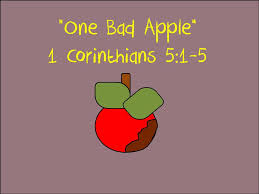
The Unlawful Marriage
The Unlawful Marriage: The case of an unlawful marriage has been briefly addressed in a previous episode which dealt with Biblical Grounds for Divorce and Remarriage; but, here we will examine Paulʼs words in particular. Paul writes to the Corinthians: “It is reported commonly that there is fornication among you, and such fornication as is not so much as named among the Gentiles, that one should have his fatherʼs wife” (I Corinthians 5:1).
Paul can hardly hide his indignation at the Corinthian church for permitting a man to marry his fatherʼs wife. According to the Law of Moses, this was incest: “The nakedness of thy fatherʼs wife shalt thou not uncover: it is thy fatherʼs nakedness” (Leviticus 18:8). And, “Cursed be he that lieth with his fatherʼs wife; because he uncovereth his fatherʼs skirt” (Deuteronomy 27:20). One, understands the Lawʼs point, when it is recognized that the wife becomes one flesh with her husband: “Therefore shall a man leave his father and his mother, and shall cleave unto his wife: and they shall be one flesh” (Genesis 2:24). Therefore, to lie with the wife is the same as having sex with her husband: in this case, with his own father. Paul states that not even the Gentiles would allow such a relationship. The Roman orator Cicero informs us, through his writings (whether true or not), that incest was particularly unheard-of in Roman society. Therefore, this was a great blotch on the good name of the Church of Christ.
Paul instructs the church to put the man out of fellowship by excluding him from the eucharistic meal: “But now I have written unto you not to keep company, if any man that is called a brother be a fornicator, or covetous, or an idolater, or a railer, or a drunkard, or an extortioner; with such an one no not to eat” (I Corinthians 5:11). ~ No doubt, the same instruction applied to the woman as well. Of course, the idea was to put the couple under church discipline until the situation was corrected. The only remedy for such an unlawful union would be its dissolution: namely, a divorce. Similarly, the scribe/priest, Ezra instructed the Jews to divorce wives they had taken from among the Gentiles (Ezra 10:2-3). In both cases (the incestuous marriage at Corinth, and the mixed marriages of Ezra chapter 10), the wives were unlawful. An unlawful spouse is to be divorced.
In the case of the man who was in an incestuous union with his stepmother, divorce would dissolve the unlawful marriage; thereby, granting each the right to remarry “in the Lord.”

The Pauline Privilege,
Abandonment: Secondly, in Paulʼs first letter to the Corinthians he addresses the question put to him concerning mixed marriages (see 1 Corinthians chapter 7).
A situation existed in the Corinthian church that, no doubt, existed wherever the Christian faith became established in the Roman world at the time. Namely this: The Christian faith had spread through the Roman communities rather quickly, and in many cases not everyone in the family converted. Consequently, one spouse became a Christian and the other did not. This presented a serious question; a question which the Corinthian church addressed to Paul: “Should the Christian spouses of mixed marriages continue to live with their unbelieving spouses, or should they divorce them?”
The Apostleʼs council was very clear and just as practical: “... If any brother hath a wife that believeth not, and she be pleased to dwell with him, let him not put her away” (divorce her). “And the woman which hath an husband that believeth not, and if he be pleased to dwell with her, let her not leave him. For the unbelieving husband is sanctified by the wife, and the unbelieving wife is sanctified by the husband: else were your children unclean; but now are they holy. But if the unbelieving depart, let him depart. A brother or a sister is not under bondage in such cases: but God hath called us to peace” (1 Corinthians 7:12-15).
In the above text (which states “a brother or sister is not under bondage in such cases”), the believer is freed from the bonds which bound him or her to the unbelieving spouse. Thus, the marriage contract may be dissolved by a “Bill of Divorcement,” and the believer set free to remarry (only in the Lord). Plainly, apostolic authority looses the bonds of matrimony in the case of abandonment.
(This, 1 Corinthians chapter 7 text - called the Pauline Privilege, will be addressed in a future article.)
Apostolically Speaking
☩ Jerry L Hayes
Read More From the Bishop on Divorce and Remarriage.
- Christian Divorce and Remarriage
This series of articles answers the all consuming question: May a Christian divorce and remarry? This is the first of many article to come on the subject. Be sure to read them all. - Christian Divorce and Remarriage, (Egalitarian)
This article concludes the introduction to Christian Divorce and Remarriage. Here is discussed the egalitarian aspect of Divorce. - Marriage, As God Intended (Episode III, Christian Divorce & Remarriage)
This article examines the intention of God for marriage, in the beginning. What the Bible declares marriage to be is shocking to most. This is required knowledge for an understanding of divorce. - Divorce and Remarriage, Words of Institution (Episode IV)
Moses sets forth the "Words of Institution" for divorce and remarriage. In this writing we will review those words in an expository study. - Certificate of Divorce (Diviorce and Remarriage, Episode V)
Here, for the first time we discuss the power of the "Certificate of Divorce" as a licenses to remarry - both for the guilty and innocent parties. - Biblical Grounds for Divorce and Remarriage (Divorce and Remarriage, Episode VI)
Here we explore the biblical reasons for divorce and remarriage. Many are convinced that the Bible gives no reason for divorce, others accept only 1, but this writer demonstrates. at least, 4. - Yahweh Hates Divorce? (Divorce and Remarriage, Episode VII)
Since the Bible states that God hates "Putting Away," it is important to harmonize this with God allowing divorce, and participating in it Himself. This article addresses that particular issue. - Biblical Examples of Divorce, Episode VIII
Examples are great teachers. A greater lesson can not be had that to witness how a biblical command was biblically executed. IN this study we will see just that in biblical examples of divorce. - The Biblical Status of the Divorcee, Episode IX
In this 9th episode on Divorce and Remarriage we examine the status of divorcees in the Bible. Here we answer the question: "What place does the divorced person hold in biblical society?" - The Words of Jesus On Divorce, Episode X
This article introduces all the words of Jesus concerning the subject of divorce. By this introduction of Christ's teaching on the subject we set a compass heading for further study. - The Apostolic Church, On Divorce - Episode XI
In this episode on divorce and remarriage we examine what the apostolic church (the Lord's church of the 1st century) had to say on the subject.
© 2014 Jerry Lynn Hayes Sr

